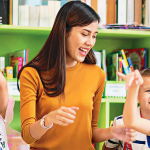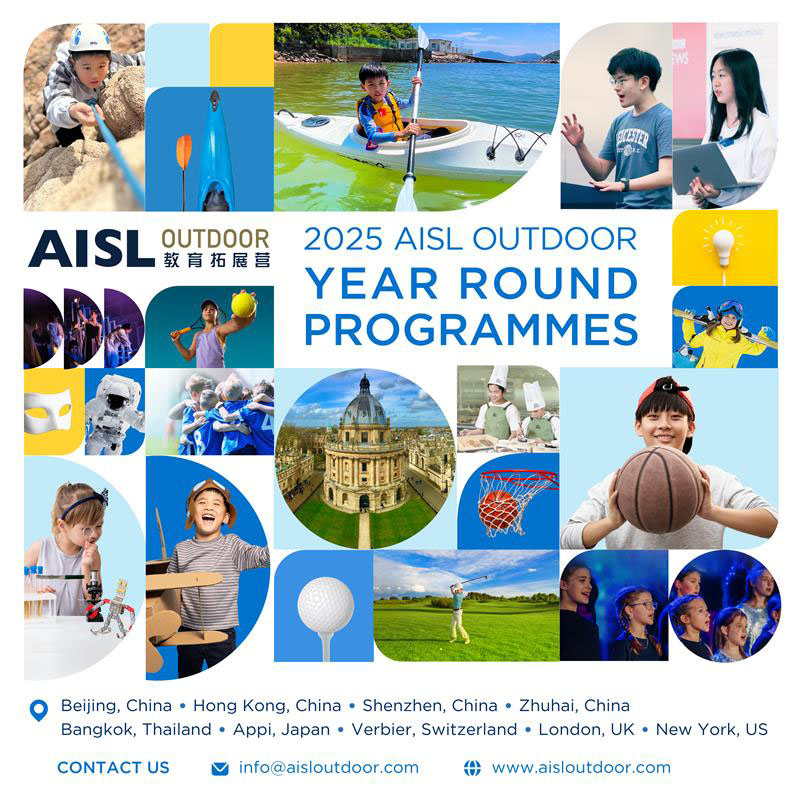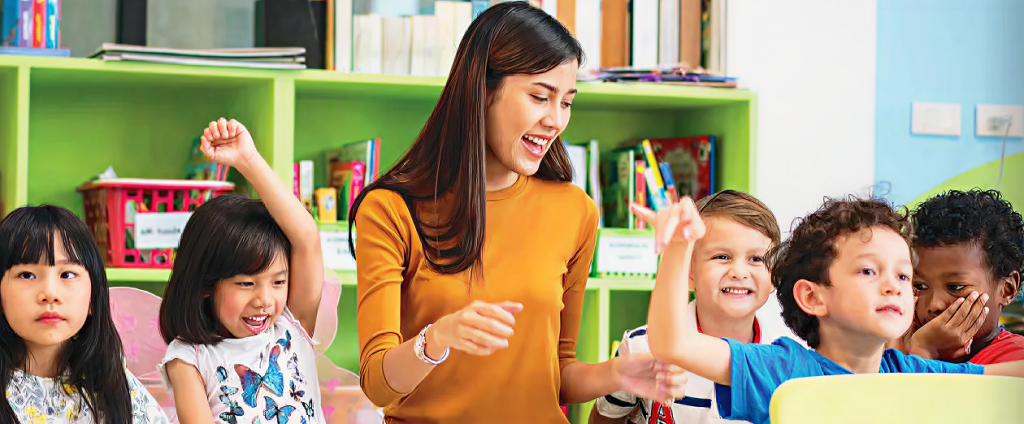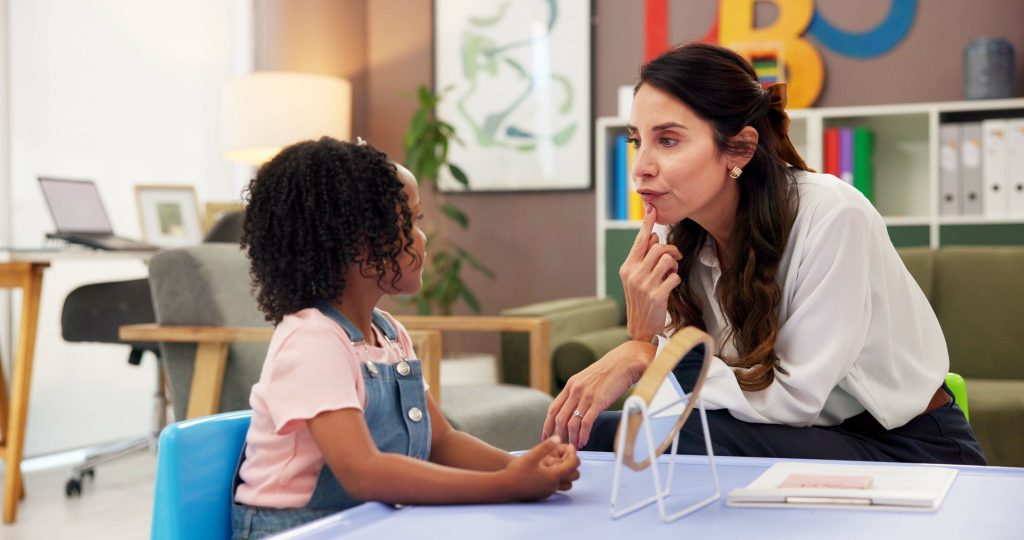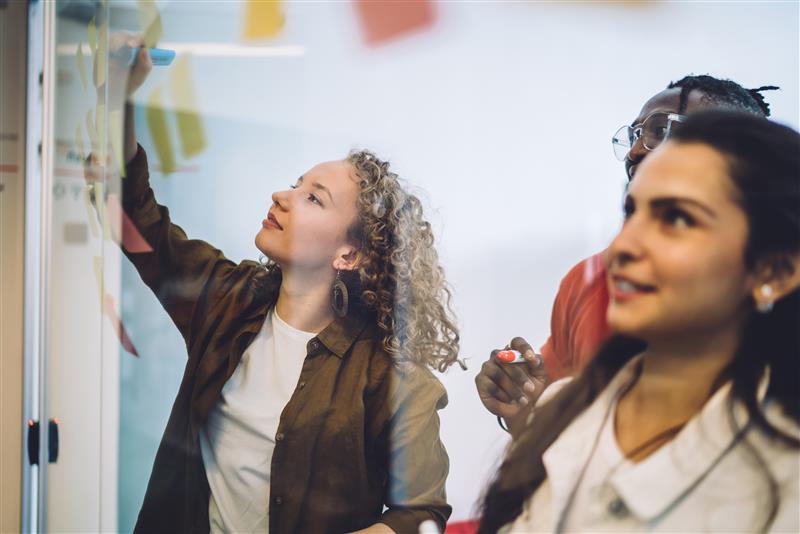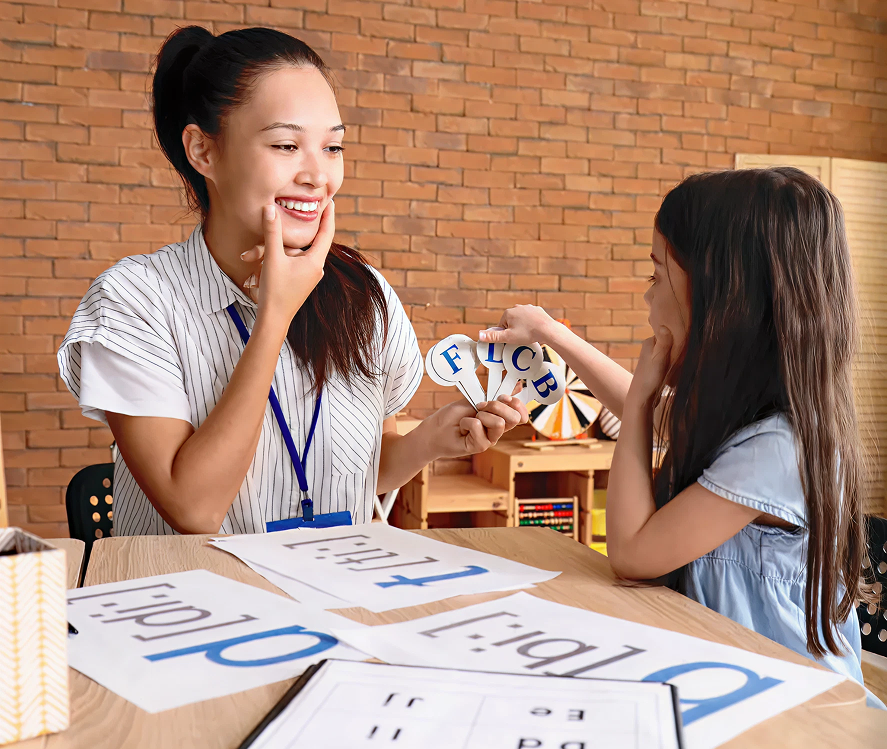Play is crucial for children’s physical, emotional, social and cognitive development and has a key role in brain development. Secure care giver relationships (often mediated through play) have also been shown to be critical to the course of childhood development and the quality of these attachments are highly predictive of both child and adult mental health.
Play therapy is a valuable psychological tool intreating behavioural issues, emotional problem sand mental illness, and is based upon the premise that play is a child’s natural medium of expression. It allows children to ‘play out’ their difficulties in the same way an adult might ‘talkout’ theirs during conventional therapy. In an environment where there are few rules, the play therapist follows the child’s lead through their play, helping them to express thoughts and feelings that may be difficult to convey any other way.
Children below 11 years old are generally not fully capable of abstract thought and display difficulties in verbalising complex and challenging emotions. Adults are better able to convey emotions through words, while children communicate their feelings and experiences through play. Play therapy is based on the premise that children utilise play to convey unconscious feelings and conflicts via displacement. In other words, this method allows children to symbolically ‘act out’ whatever they may be feeling.
These facts highlight the necessity for play therapy provision in prioritising children’s mental health and wellbeing, and also why Harrow Beijing offers this via its counselling team.
BENEFITS OF PLAY THERAPY
One of the methods of helping lower school students is by means of non-directive and person-centered play therapy.
Developed in the 1940’s by American psychologist, Virginia Axline, sessions are based on eight principles set out in her seminal work “Play Therapy-The Inner Dynamics of Childhood”:
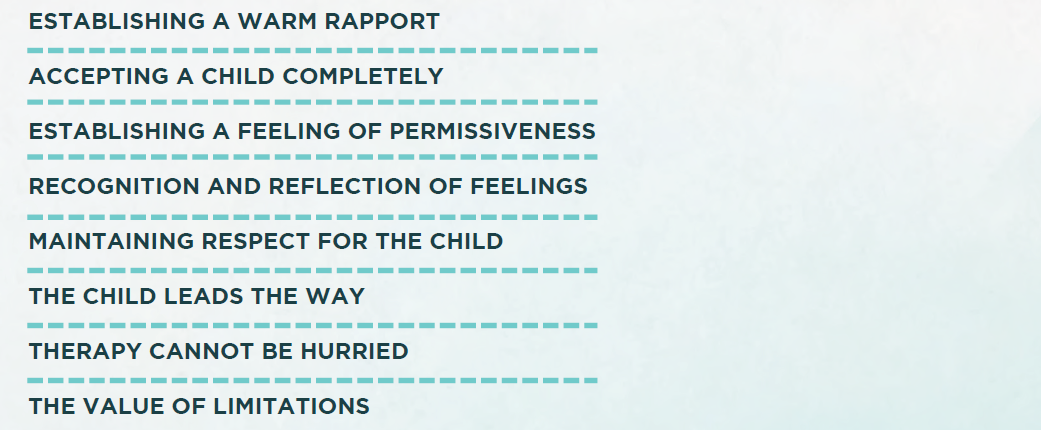
These principles allow the child a large degree of freedom to express whatever they wish, in whatever way they wish. The therapist does not direct the child and it is they, the child, who decides how they engage with the environment and with the therapist. This allows greater freedom and spontaneity of expression.
To encourage a child’s reflective capacity and psychological mindedness, play therapists will comment on their current effect, whether this is overt or implied. Not only does this help the child identify emotions and enable them to make connections between feelings and behaviour, it also promotes emotional regulation as well as more adaptive and robust responses to intense emotional experiences. Imaginative play allows children to exert control over situations previously experienced as out of control. This enables them to gain mastery over their experiences and is an effective way to reduce anxiety.
The previously mentioned defense mechanism of displacement is central to conducting play therapy. Displacement involves the emotions connected with a particular person or experience being ‘displaced’ onto another person, object or experience. This usually occurs where it is perceived to be unsafe to express these feelings to the original person or within the original situation. Through play therapy, a child is able to displace unacceptable or intolerable thoughts and feelings onto the toys without fear of repercussions. Over time, this displacement of the child’s inner psychological world onto a physical entity allows the therapist to develop the child’s reflective capacity and to help them bring about change in their lives.
To promote the permissive environment that is so vital to the success of play therapy, the therapist must make the play space an emotionally ‘safe’ place to be and respect their client’s psychological defenses. The child believes that these defense mechanisms, however maladaptive they may seem, keep them safe and any attempt to dismantle them before the child is ready to let them go will elicit a strong response, often resulting in them clinging to their defenses even more resolutely.
As previously mentioned, there are few hard and fast ‘rules’ in the play therapy room, thus promoting the permissive environment so vital for therapeutic change and growth. However, Axline’s eighth principle argues the need for certain limitations and boundaries to ensure the physical and psychological safety of both the child and therapist. Arguably the most important of these are time boundaries.

At Harrow Beijing, sessions are 40 minutes long and are on the same day and time each week. The play therapist will not collect the child early from their classroom and also ensures they are returned punctually. These boundaries are important for consistency and for creating a sense of predictability and therefore safety. Although the referrer may not seek play therapy for this reason, many children undergoing treatment have had inconsistent physical, emotional or psychological boundaries modelled by the adults around them, often leading to feelings of insecurity and, eventually, anxiety. The boundaries put in place by the therapist can help children to internalize a sense of predictability and safety, thereby reducing anxiety.
Time boundaries are just one part of the ‘therapeutic frame’ that provides the container for successful therapy. The therapist must hold this frame as it contains the fixed elements of the therapeutic relationship that give the therapy context- another important aspect being contact outside of the therapy room.
Play therapy has been shown to be an effective way to work with a range of psychological challenges. However, as Axline’s seventh play therapy principle states, therapy cannot be hurried and it takes time to see change. Research has concluded that it can take many sessions to see lasting change, with maximum effect being seen after between 35-40 sessions. Play therapy can be hugely beneficial for children’s emotional, social and psychological growth, but is not a quick fix solution and patience is key.
Wellness Services that may be of interest:
Get a special discount by quoting code AISLMALL during CHECKOUT.
Allied Health School Services Program – Parents workshop (90 mins)
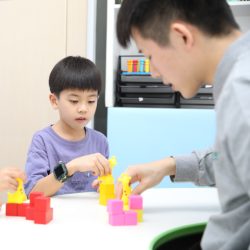
In 2023, ISS and OST Therapy launched the Allied Health School Services Program. The AHSS team offers personalized workshops for parents, focusing on speech/language skills, cognitive play, behaviour management, and building resilience. These workshops provide practical strategies to help parents support their child’s development and create a positive home environment.
Caritas – Counselling Services
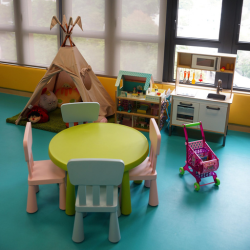
Caritas Human Empowerment & Achievement Training (HEAT) offers counseling for marital issues, extra-marital affairs, divorce, and marriage enrichment. Services include family mediation, sex therapy, support for family conflicts, and therapy for emotional, behavioural, and learning issues in children, as well as mood, stress, anxiety, and trauma.
Health & Wellbeing – Deck of cards
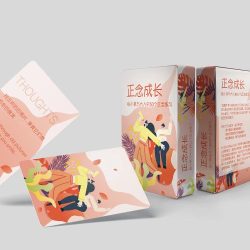
Dr. Christopher Willard’s mindfulness decks offer exercises for emotional well-being, including *Mindful Parenting*, *Self-Love*, and tools for teens to manage depression, anxiety, and build resilience. Each deck provides practical mindfulness strategies for emotional growth and mental health at every life stage.
Health & Wellbeing Videos

Unlock mindfulness and communication skills with expert-led courses. Topics include fostering positive family dialogue, boosting academic performance through mindfulness, and age-specific practices for preschoolers, primary students, and teens, promoting focus, emotional balance, and resilience.
iLiving: Initial 90-minute Consultation with Supported Healing for Children
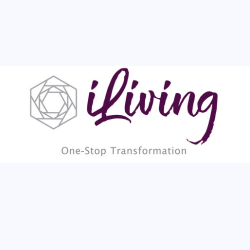
iLiving is a holistic wellness centre that offers integrated services for personal transformation. They provide a comprehensive approach to address both physical and mental health, focusing on modalities like bioresonance, life coaching, family constellations, and more to help clients achieve optimal well-being. This consultation includes health scan of a child who is suffering from chronic physical or mental health challenge and coaching to their caretaker/parent(s).
KFBG Transformative and Mindfulness Forest Immersion Walk

Kadoorie Farm and Botanic Garden (KFBG) delivers inspiring, awareness-shifting and transformative programmes with potential life-changing experiences. We offer an opportunity and a peaceful space in the natural environment of KFBG for participants to experience, to rethink, to identify and to be able to deeply connect and appreciate Gaia, our mother Earth, and the interconnection and interrelationship that we share with her. By being close to, and having a respect for nature, through our transformative workshops, people can experience a sense of deep happiness and spiritual contentment in which could facilitate a more holistic way of living.
Llegend – Diploma in Professional Aromatherapy
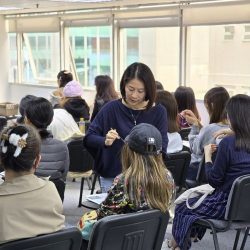
This aromatherapy course covers essential oils, anatomy, and therapeutic applications, combining theory and practice. Accredited by the IFA, it offers exemptions for the UK TQUK Level 4 Certificate. As Hong Kong’s leading college for aromatherapy, it boasts 7 international accreditations.
Therapy Services – 1 on 1 Offline Therapy Service

In 2023, ISS and OST Therapy launched the Allied Health School Services Program. Our certified speech-language pathologists and occupational therapists offer personalized therapy for speech, language, motor skills, emotional regulation, and self-care. We use evidence-based practices to support students’ academic and social growth, boosting confidence and promoting inclusive learning environments.
Wellbeing Books Series
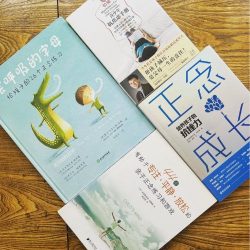
Dr. Willard’s books blend mindfulness with practical approaches for families. Alphabreaths teaches kids mindfulness through ABC-themed breathing exercises, while Growing Up Mindful offers parents and educators tools to help children build resilience, self-awareness, and empathy through mindfulness.

